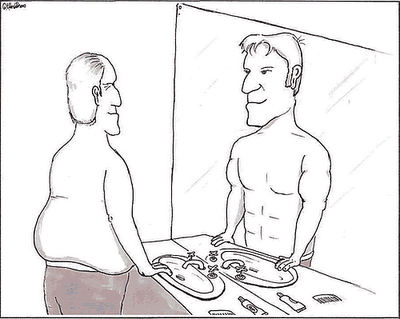The voting phase of the SA Blog awards 2010 has started, and it seems that Synapses has made the final 10 in two categories: best blog about politics, and best post on a South African blog, for my February post on Giving Jacob Zuma the finger. Thanks for the nominations, whomever you generous folks may be. If you’re inclined to follow it up with a vote, then the banners below give you an easy way to do so. The left-hand one is for the politics category, and the right-hand one for best post – of course, you can just click one of them and fill in your other nominations when you get to the voting site.
There’s a bunch of good stuff there to vote for, but also some very strange contenders. Some of the blogs haven’t been updated in ages, and some aren’t even blogs (for example, The Daily Maverick). Unfortunately for me, if one is going to (falsely) consider the Maverick to be a blog, then they (rather than me) should certainly get your vote. But they’re not a blog, so rather vote for me. (Update: see Chris’s comment below. The Daily Maverick have taken themselves out of the running.) You can vote until the 17th of September, and the process allows for one vote per day. Yes, I know, the methodology is completely screwy, but there you go.
Other people/blogs worth checking out:
Two of my competitors for best post: 6000 with his Dear Uruguay (clearly inspired by my post, The hand of god, revisited, but never mind that); and Michael Meadon’s post, On deference, which exhorts us to bear the limits of our knowledge in mind, and to understand what authority means in the context of scientific claims.
Two of the entrants for “Best Science and Technology blog”: Michael Meadon’s Ionian Enchantment and Angela Meadon’s The Skeptic Detective also merit your consideration.
 There are various undeniable facts that should inform any thinking or talking about racism, and South African racist attitudes and behaviour in particular. Key among these is the fact that white privilege persists, and that any number of high-profile tenderpreneurs who are black cannot elide the reality of race-based class inequality in South Africa.
There are various undeniable facts that should inform any thinking or talking about racism, and South African racist attitudes and behaviour in particular. Key among these is the fact that white privilege persists, and that any number of high-profile tenderpreneurs who are black cannot elide the reality of race-based class inequality in South Africa.


